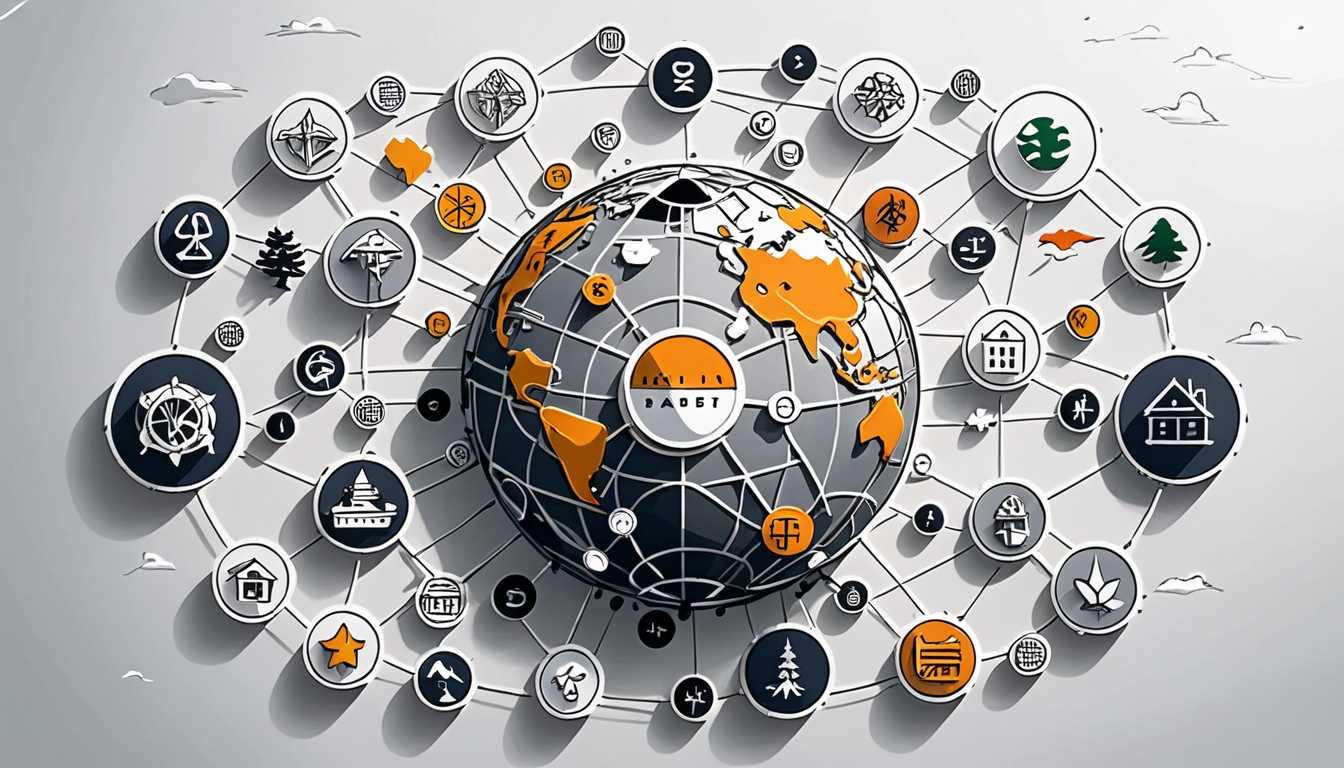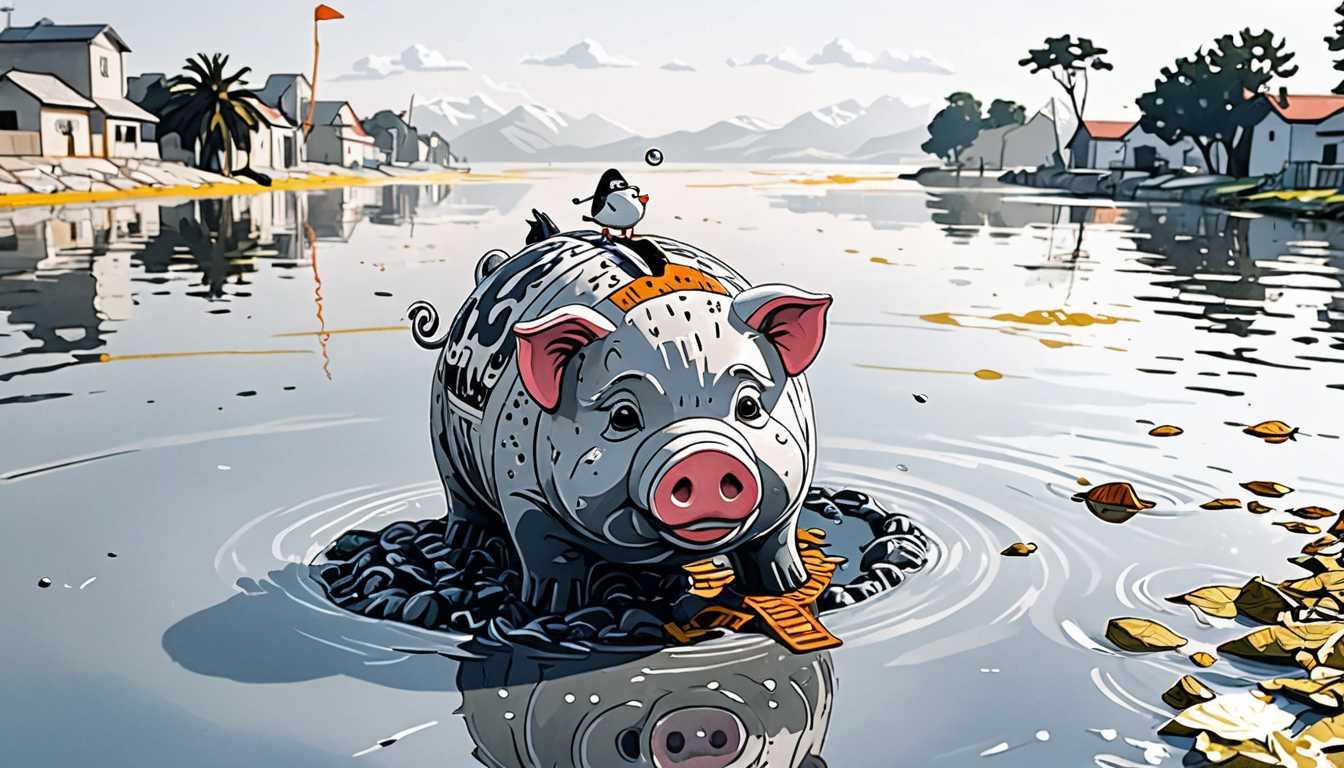Nature's Toll on UK Economy Revealed
April 2024
University of Oxford
Introduction
Dive into the eye-opening analysis from the University of Oxford, revealing how the UK's crumbling natural environment could slash its GDP by a whopping 12%—yikes, that's worse than the financial crisis and COVID-19 combined! This groundbreaking study not only spells out the dire economic impacts of nature degradation but also calls for urgent action to safeguard our green future. Curious? Oxford's brainiest have laid it all out!
READ FULL ARTICLEWhy It Matters
Discover how this topic shapes your world and future
Unraveling the Web of Nature and Economy
Imagine your favorite outdoor spot—maybe a park, a forest, or even your backyard—slowly losing its trees, animals, and clean water. Now, imagine this happening all over the world and think about how it could affect everything from the food you eat to the clothes you wear. This is what's happening in the UK and globally due to nature degradation. New research suggests that damage to the natural environment could shrink the UK’s economy by 12%. That's a bigger impact than the recent global financial crisis or the Covid-19 pandemic! Understanding this helps you see the big picture of how deeply nature and economy are intertwined, and why protecting our planet is not just about saving animals and forests, but also about safeguarding our future livelihoods and economic stability.
Speak like a Scholar
GDP (Gross Domestic Product)
The total value of all goods and services produced in a country over a year. It's like measuring how much a country earns.
Biodiversity
The variety of life in the world or in a particular habitat or ecosystem. Think of it as the different types of plants, animals, and other organisms that make our natural world vibrant and functional.
Ecosystem Degradation
The process where natural areas lose their health and functionality. Imagine a sports team losing its top players; similarly, degraded ecosystems can't perform their best in supporting life, including us.
Zoonotic Diseases
Illnesses that can be passed from animals to humans. If you've heard of bird flu or Covid-19, those are examples.
Resiliency
The ability to recover quickly from difficulties. It’s like being good at bouncing back from a setback in a game or at school.
Materiality
The importance or significance of something, especially in terms of its impact on decisions. In this context, it refers to how significant nature-related risks are considered in economic and financial decisions.
Independent Research Ideas
Impact of Local vs. Global Ecosystem Degradation
Explore how the deterioration of local ecosystems in the UK compares to global ecosystems and their respective impacts on the economy. Investigating this can show how interconnected our world is.
Future of Zoonotic Diseases
Study how changes in biodiversity might affect the emergence and spread of diseases from animals to humans. This research could help in preparing better health responses and policies.
Economic Benefits of Biodiversity Preservation
Analyze different methods of conserving biodiversity and their potential economic returns. This could help argue the case for more investments in nature conservation.
Water Scarcity and its Economic Implications
Examine how diminishing water resources due to ecosystem degradation could affect industries such as agriculture and manufacturing. This study could influence water management policies.
Role of Green Finance in Enhancing Ecosystem Resilience
Investigate how financial strategies and products can support ecosystem restoration and preservation. This could provide insights into how the financial sector can aid in sustainable development.
Related Articles

Beyond Emissions: Agrifood's Green Future
December 2023
London School of Economics (LSE)

Carbon Markets: Promise or Peril?
November 2023
MIT Technology Review

Voluntary Carbon Markets: Hype or Hope?
October 2024
LSE Business Review

Funding Future Resilience: Climate Adaptation Now
November 2024
LSE Business Review

Unveiling Corporate Green Secrets
October 2023
London School of Economics (LSE)